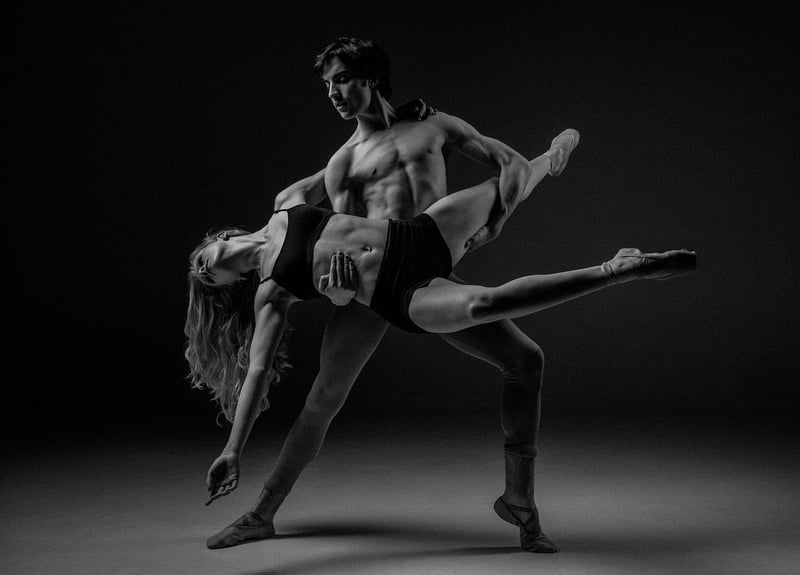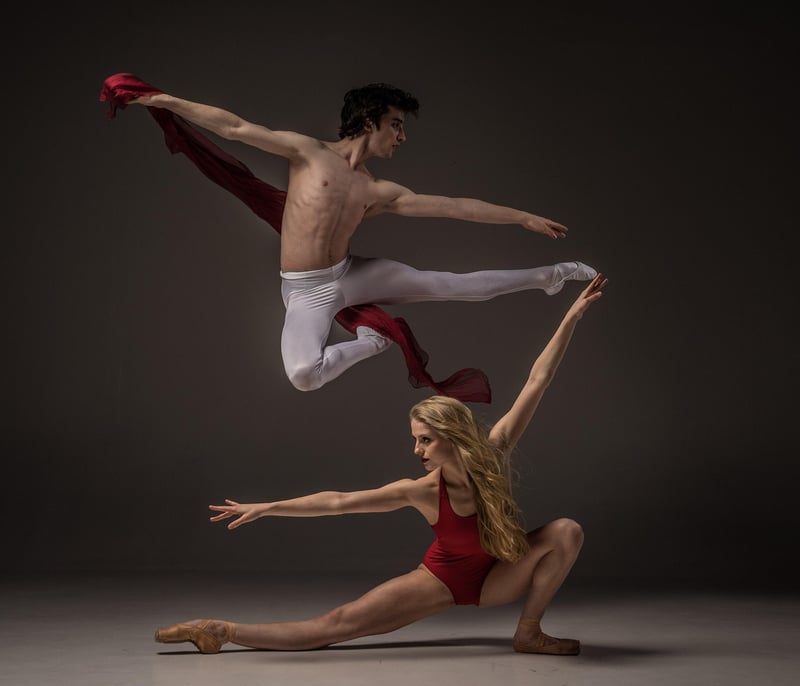Hip Hop
Expressive Movement Forms + Hip Hop
Expressive movement forms and hip hop dance are dynamic art forms that captivate audiences worldwide. Combining creativity, rhythm, and storytelling, these styles of dance offer a unique and powerful way to express emotions and connect with others. Let's delve into the rich world of expressive movement forms and hip hop dance.
Expressive Movement Forms
Expressive movement forms encompass a wide range of dance styles that focus on expressing emotions, ideas, and narratives through movement. These forms often prioritize individual interpretation and creativity, allowing dancers to convey personal experiences and perspectives through their performances.
Some popular expressive movement forms include contemporary dance, modern dance, and interpretive dance. These styles frequently incorporate elements of improvisation, fluid movements, and emotional connections to music or themes.
Contemporary Dance
Contemporary dance is a versatile and experimental style that blends elements of various dance genres, including ballet, jazz, and modern dance. Dancers in contemporary pieces often explore unconventional movements and push the boundaries of traditional dance techniques.
Modern Dance
Modern dance emerged in the early 20th century as a departure from classical ballet. This form of dance emphasizes individual expression, freedom of movement, and a rejection of strict rules. Modern dance choreography can be abstract, narrative-driven, or focused on social or political themes.
Interpretive Dance
Interpretive dance is a highly personal form of expression in which dancers interpret music, lyrics, or emotions through movement. This style allows for a deep exploration of feelings and concepts, often resulting in poignant and evocative performances.
Hip Hop Dance
Hip hop dance originated as a cultural movement in the 1970s in New York City, primarily within African American and Latino communities. It encompasses a wide range of street dance styles, including breaking, locking, and popping, as well as more contemporary fusion styles.
Hip hop dance is characterized by its energetic and rhythmic movements, as well as its emphasis on self-expression, creativity, and individual style. Dancers often engage in battles, freestyle sessions, and collaborative performances to showcase their skills and connect with their peers.
Whether you're drawn to the emotive storytelling of contemporary dance or the vibrant energy of hip hop, expressive movement forms offer a diverse and engaging way to explore the art of dance. So, put on your dancing shoes, feel the music, and express yourself through movement!


